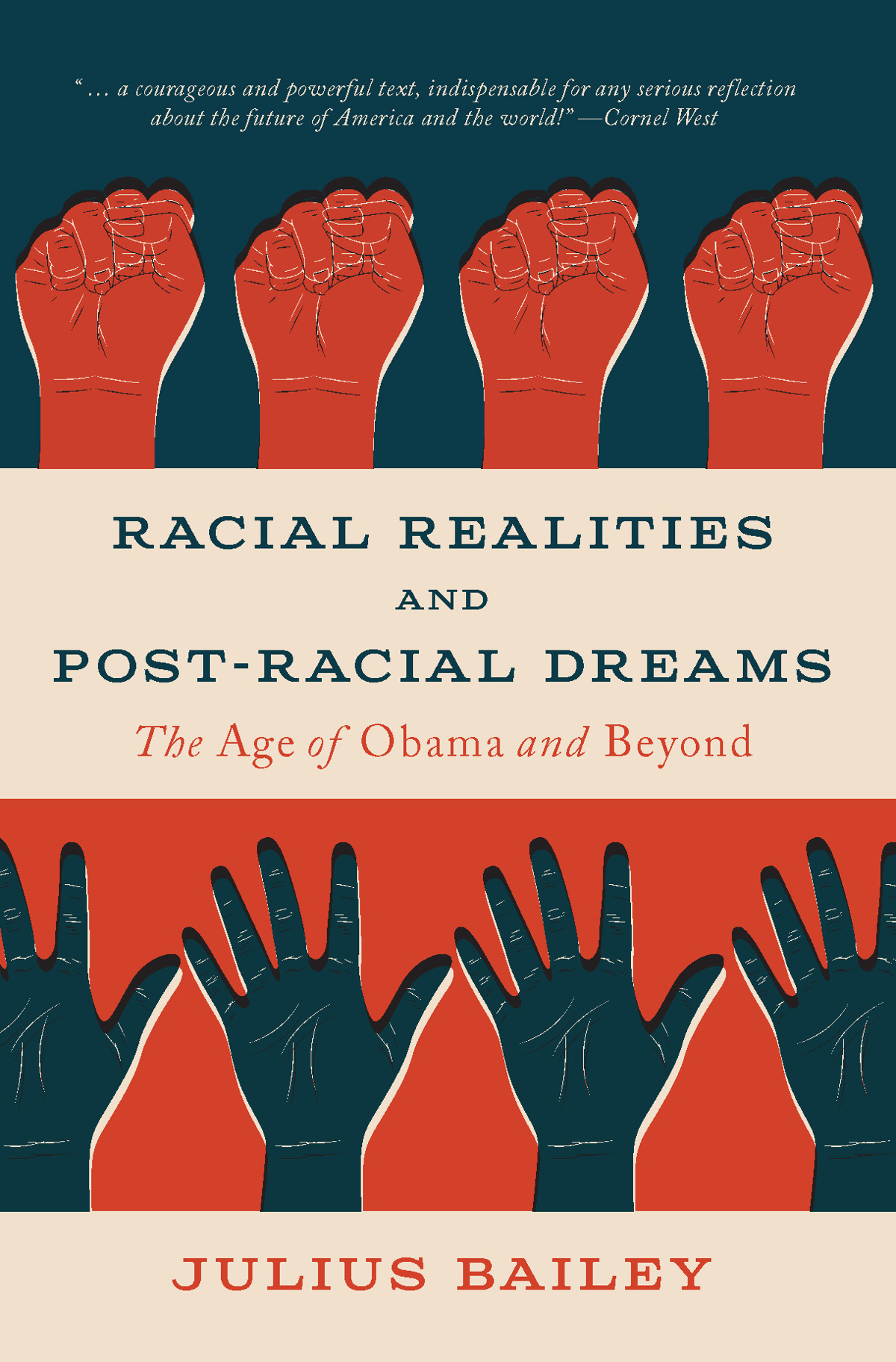Young Gifted Black
Isthmus
Madison, Wisconsin
2015-05-01
Allison Geyer, Staff Writer
Fiery activist group praised and panned for disruptive protests in name of racial equality
Dozens of protesters with the Young, Gifted and Black Coalition marched on March 19 to a mayoral forum at the Barrymore Theatre, where two white, progressive mayoral candidates were preparing to debate the issues facing the city of Madison. There was no question the city’s racial inequalities would be on the agenda.
Deep disparities are considered by many to be liberal Madison’s secret shame. And the officer-shooting death a few weeks earlier of unarmed biracial teenager Tony Robinson dealt a crushing blow to the city’s already disenfranchised community.
Protesters marched down the aisles of the theater holding a banner declaring “Black Lives Matter.” The rallying cry has emerged nationally in response to what many see as a pattern of systematic state violence against African American citizens that fails to take account of lost lives.
What did they want? “Justice!” When did they want it? “Now!” And if they didn’t get it? “Shut it down!”…
…Young, Gifted and Black is in some ways a misnomer.
The group is certainly youth-oriented — middle school, high school and college-aged students walked out of class to join the numerous marches in the weeks following the Tony Robinson shooting. And many more youth have attended direct action training sessions at UW-Madison. But key organizers of the group range in age from their mid-20s to mid-30s, with members up to 40 and older.
Members are passionate, with a capacity to inspire and mobilize — and to piss certain people off. Many are African American or identify as such, but Asian, Latino and white allies also have a strong presence in the group.
Group leadership is also deliberately feminist and “conspicuously queer,” committed to dismantling patriarchy as well as combating racial inequality. Organizers say these are characteristics that set the movement apart from older iterations of civil rights activism.
But perhaps what unites many of the core members is a shared experience of discrimination that fuels a desire to change what they see as an unjust world…
…Matthew Braunginn’s activist roots go deep — his father, Stephen Braunginn, was president and CEO of the Urban League of Greater Madison and a co-founder of Wisconsin Network for Peace and Justice.
Braunginn, 29, characterizes previous efforts to combat racial disparity and racism as “lip service” and “half attempts” that didn’t address the root causes of problems plaguing minorities. He graduated from Purdue University and now works for the UW-Madison PEOPLE Project — a college readiness program for minority and low-income students. He joined Young, Gifted and Black to confront institutionalized racism directly.
“Racism is more than just being hateful,” he says, adding that many white people have a “poor understanding” of the minority experience and how implicit biases exist throughout the society.
“It’s almost worse that Madison is liberal,” he adds.
Braunginn is biracial, but he identifies as black. He says his ethnic ambiguity has been a source of stress and confusion — unable to truly “pass” as either black or white, he has struggled with discrimination and uncomfortable questions about his race. He says his identity struggles led him to abuse opioids in his teens and early 20s…
Read the entire article here.



